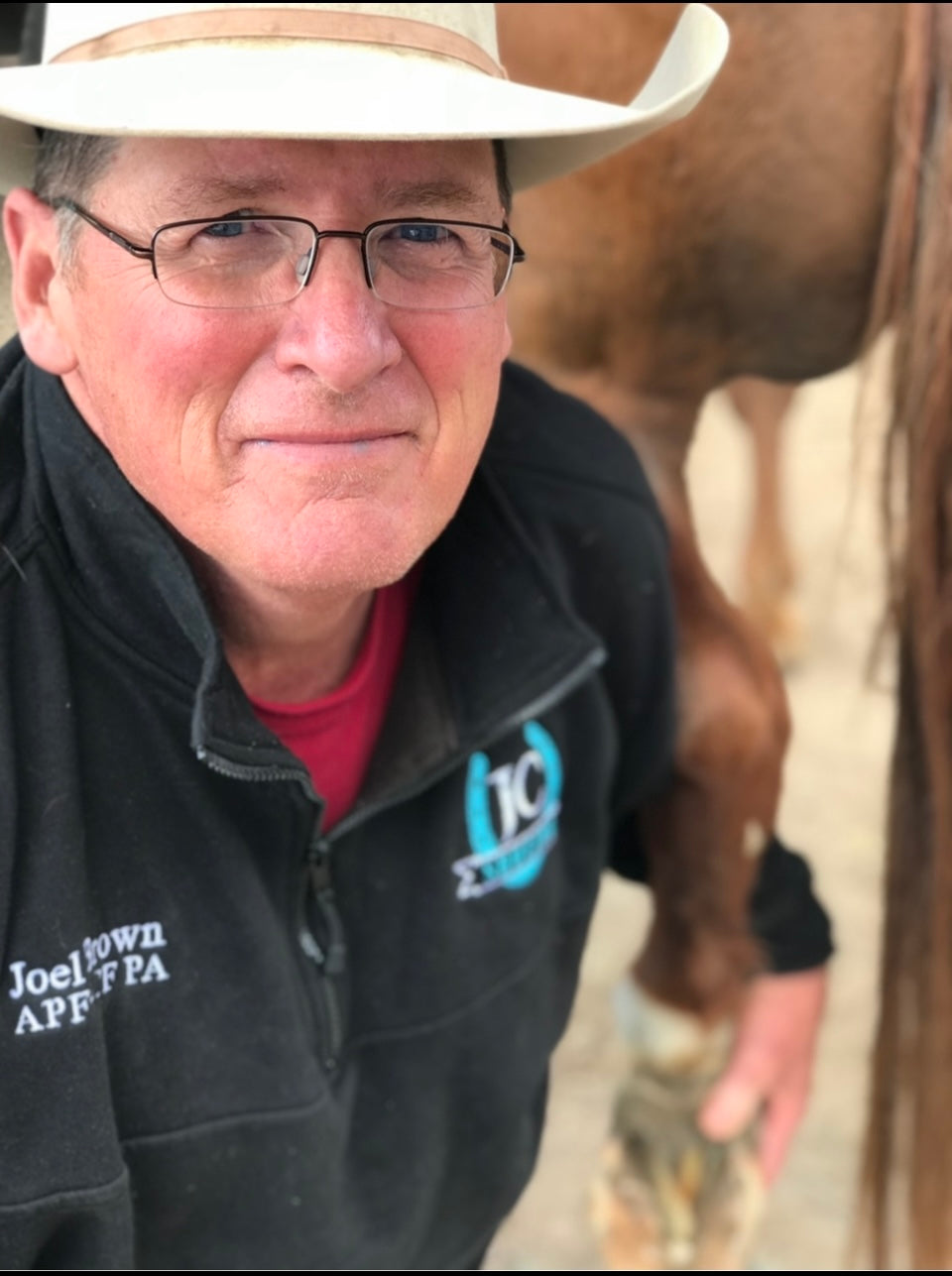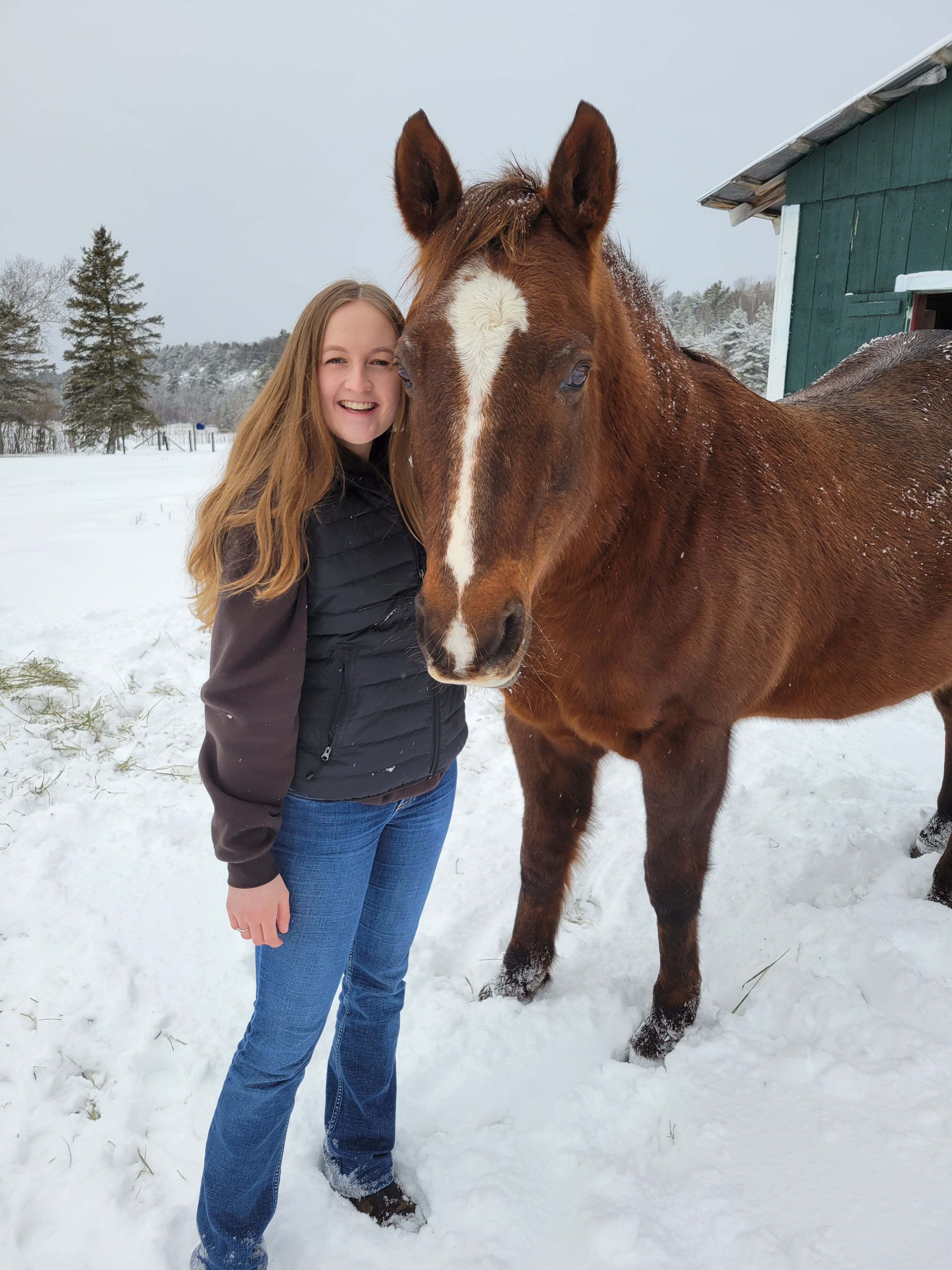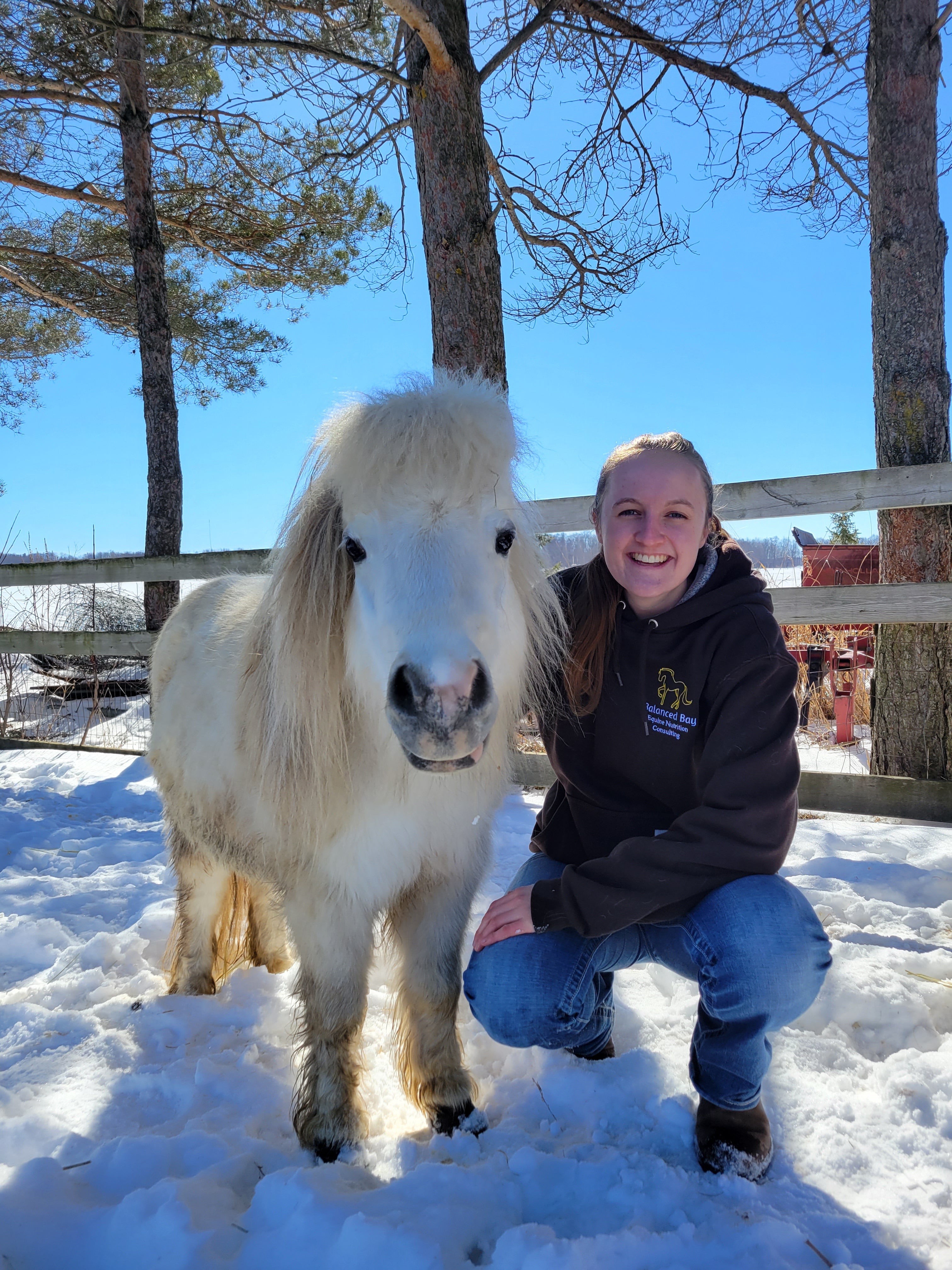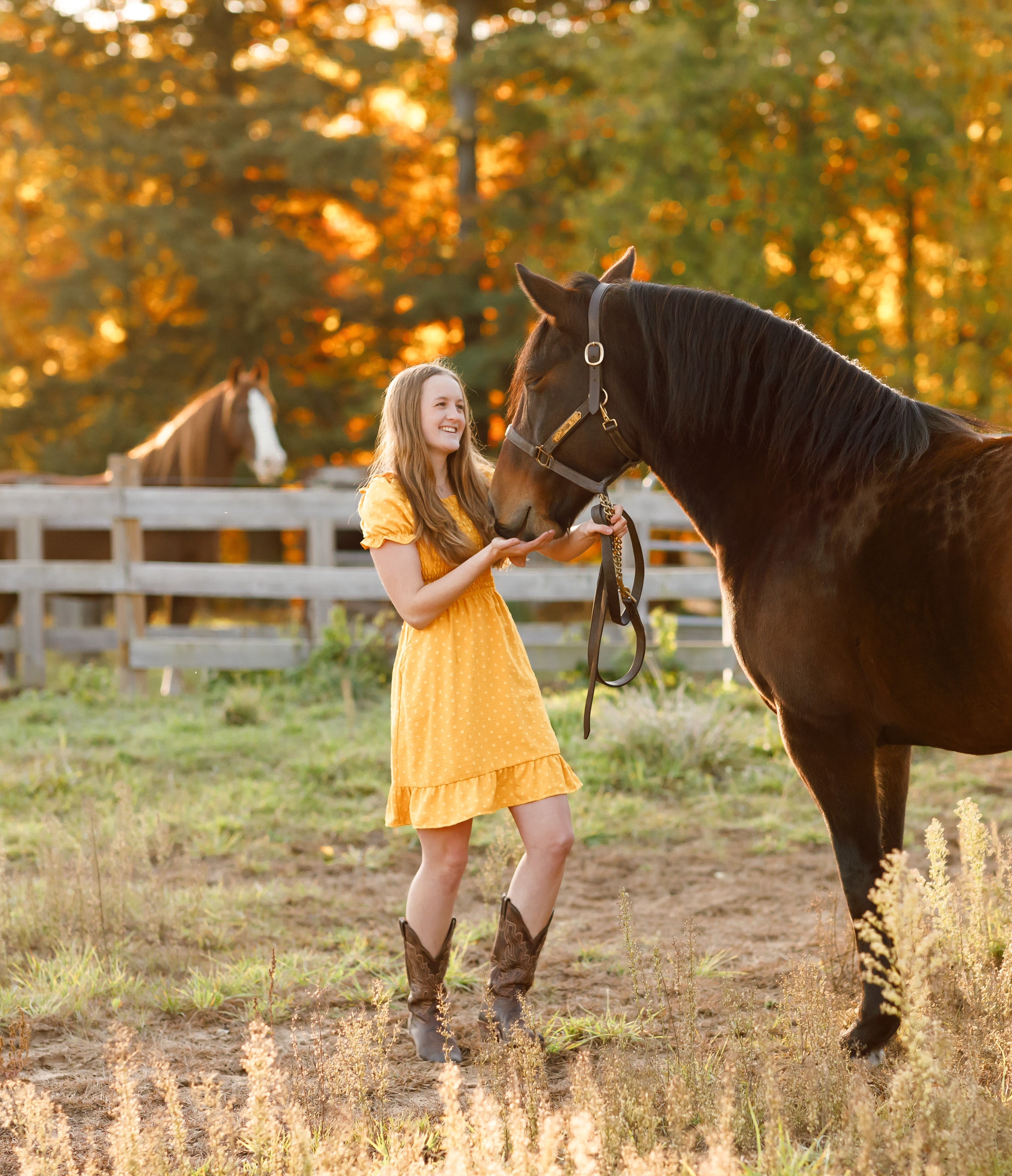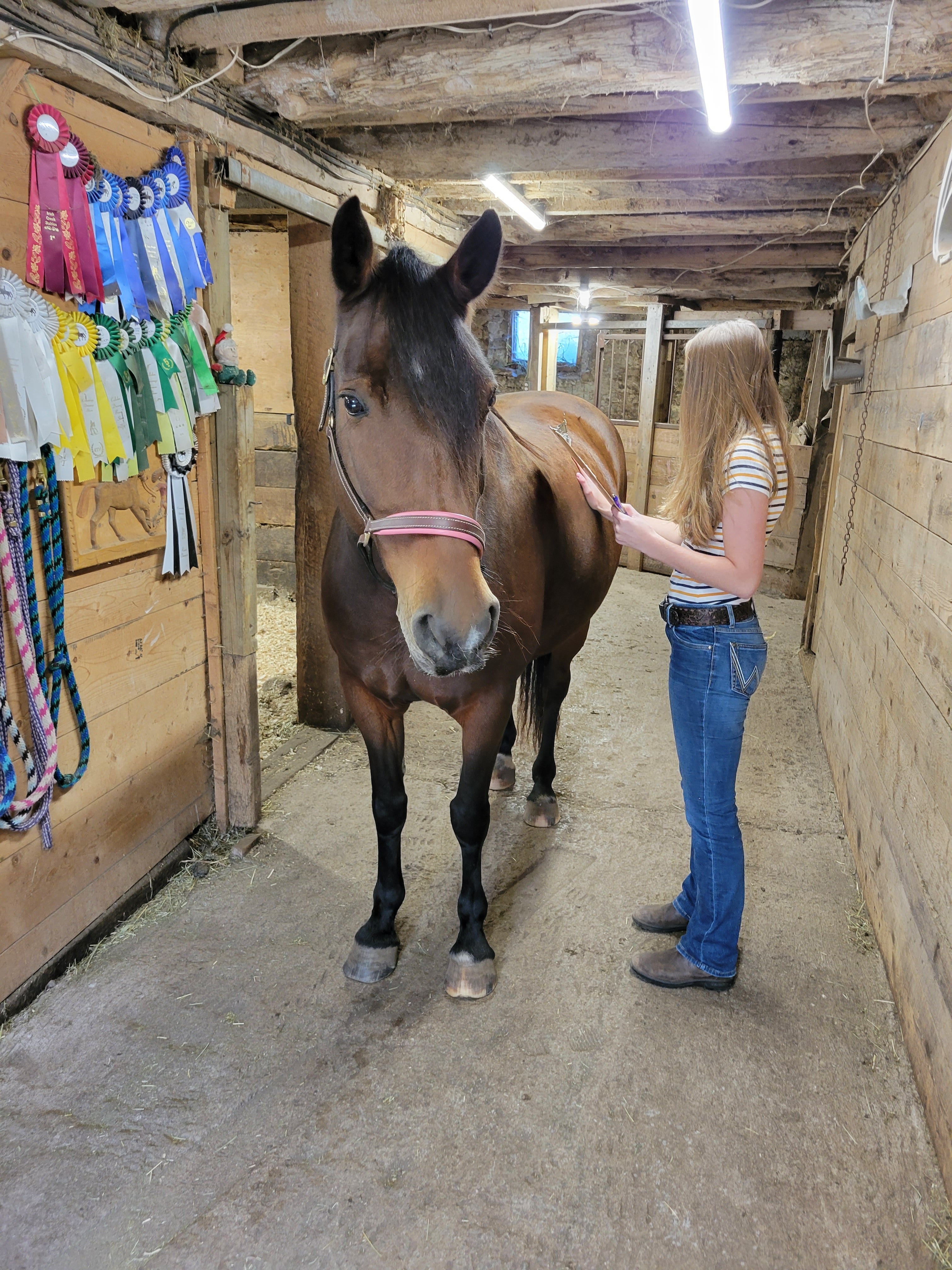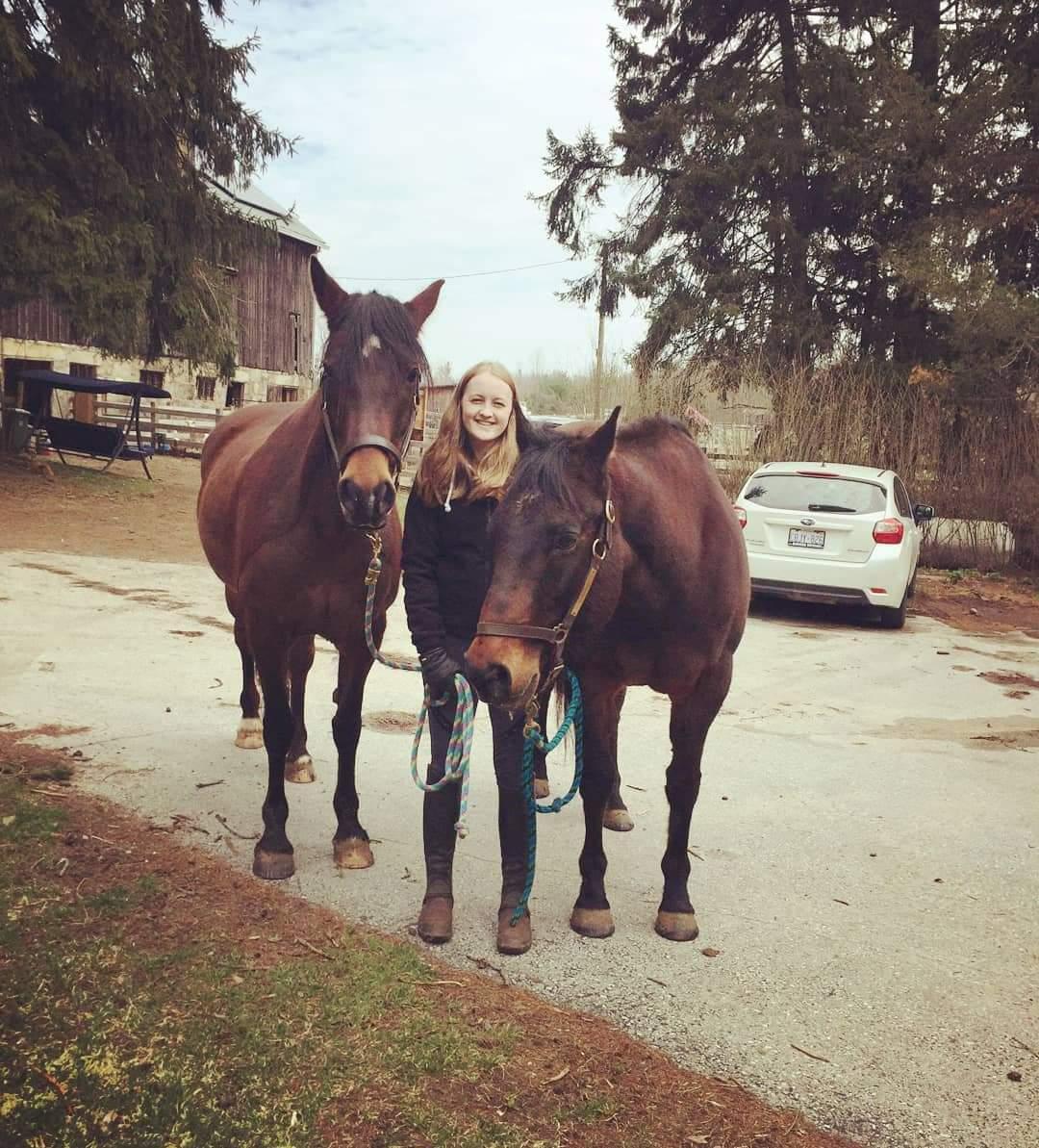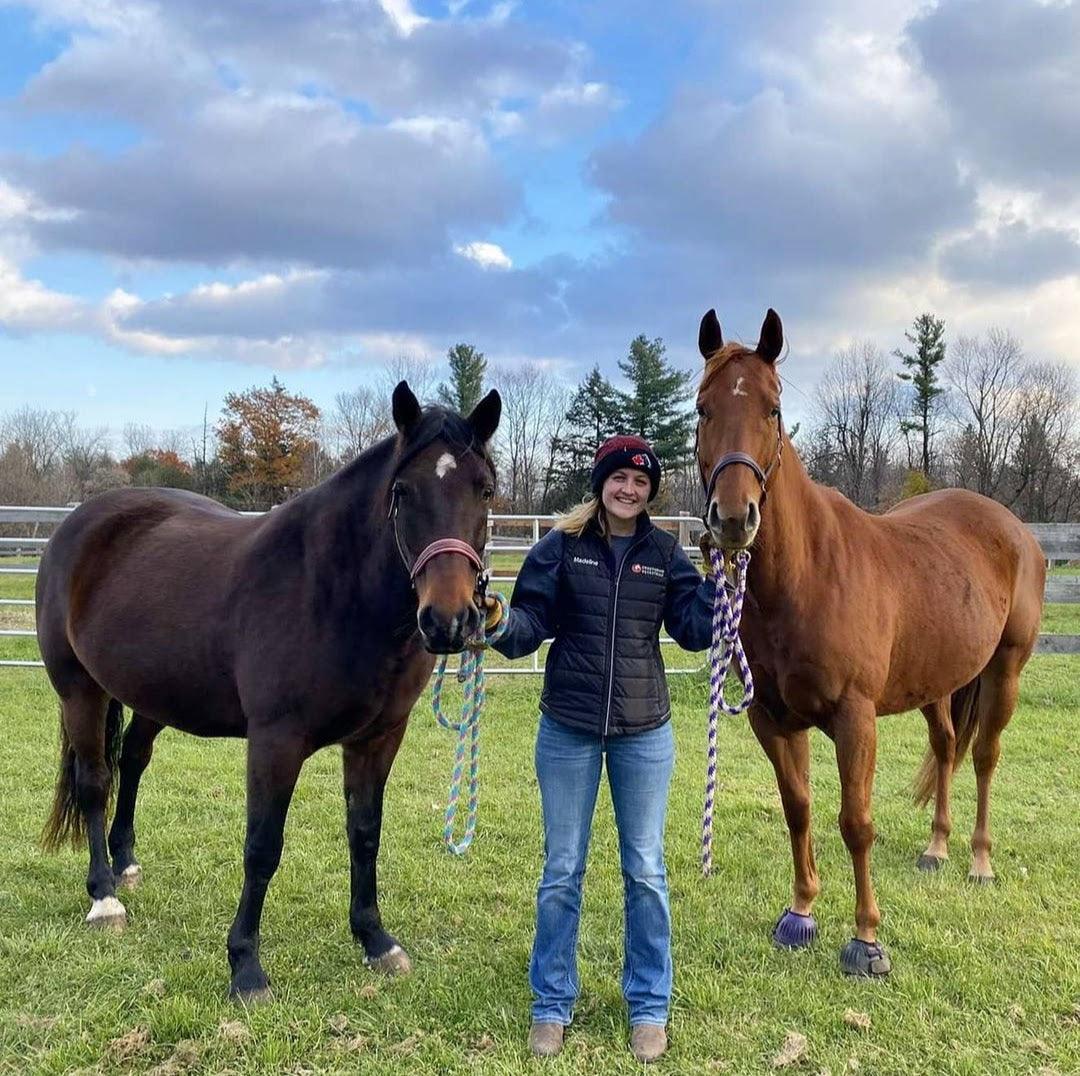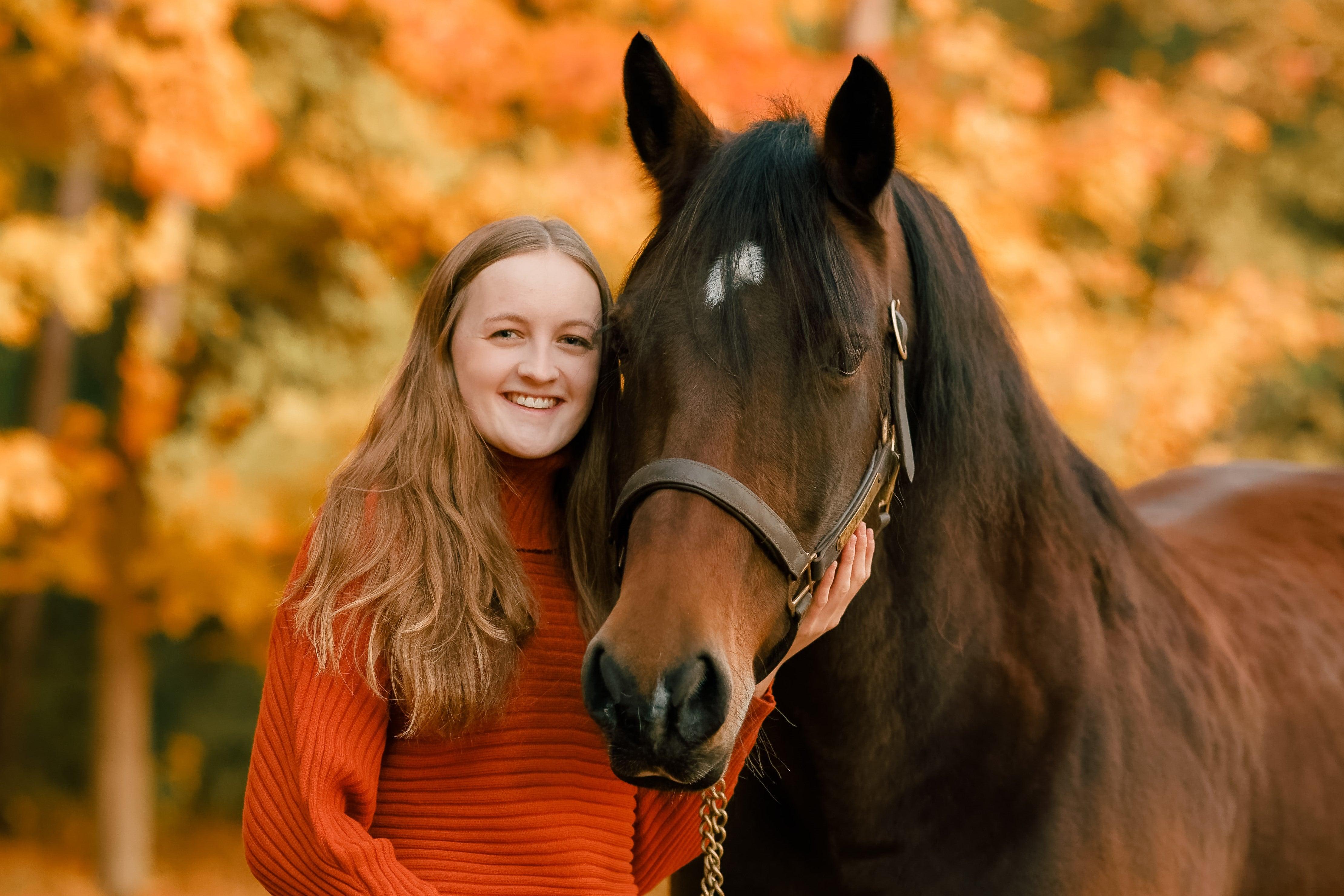
The Importance of a Balanced Diet as a Pillar of Hoof Health
By: Madeline Boast, MSc. Equine Nutrition
Although there are many factors that play important roles in hoof health, nutrition is a key aspect. Ensuring that a horse is supported nutritionally can make a significant difference in their hoof health, and overall well-being.
How do we know what a horse requires nutritionally?
The NRC, 2007 (Nutrient Requirements of Horses) is an extensive publication that provides information on nutrient requirements for horses in different life stages, as well as under different workloads. This document is the starting point for curating a balanced diet. Nutritionists also consider newer publications, especially when dealing with horses that have specific nutritional concerns. This ensures that the horse is getting what they need based on the most up-to-date scientific information.
What is a balanced diet?
To have a balanced diet means that all of the animal’s nutrient requirements are being met in the correct proportions. For a horse, there are 6 nutrient classes that must be accounted for. These include carbohydrates, proteins, fats, minerals, vitamins, and water. The requirement for forage should also be considered when balancing a diet. Just because nutrient levels are being met with a concentrate, does not necessarily mean the horse will thrive on that program.
Hoof Health
Undetected nutrient deficiencies can negatively impact hoof health. Adding the most expensive hoof health supplement may not be effective due to the underlying diet being unbalanced. An example that illustrates this is having a skewed zinc to copper ratio in the diet. Weak hooves are a common symptom of a nutrient deficiency. If you are unsure if your horse’s diet is meeting all of their nutritional requirements, contacting a qualified equine nutritionist can address your unanswered questions. Once your horse’s nutritional deficiencies have been addressed, it is a great opportunity to use products such as Equine One Hoof Dressing to solidify the support of healthy hooves.
Addressing the Problem
There are a few steps required to ensure your horse is on a balanced diet, getting professional help from a qualified equine nutritionist is recommended. First, an evaluation of the horse should be done; this includes measurements to estimate weight and body condition scoring. From there, weights of the feeds and forage the horse consumes will be taken, as well as a forage sample.
Once this information has been collected, the nutrient composition of each diet ingredient can be analyzed to see if the diet meets the horse’s nutritional requirements. From this baseline, you can then alter the diet to meet any deficient nutrients. Having this underlying nutritional support is a great starting point for hoof health.
To conclude, nutrition is an important aspect of hoof health. Ensuring that your horse is not deficient in any nutrients sets the stage for strong and healthy hooves. While a balanced diet will not fix all hoof issues, it does provide the foundational support needed for healthy hooves. When a horse has hoof issues their diet can provide therapeutic doses of some nutrients and supportive products, such as Equine One Hoof Dressing, become an integral part of the hoof health plan. Thus, combining additional hoof health supports with a balanced diet can optimally support your horse.
If you have any questions, please reach out to Madeline at balancedbaynutrition@gmail.com
By: Madeline Boast, MSc. Equine Nutrition

About the author: Madeline Boast completed her masters in Equine Nutrition at the University of Guelph and founded an independent nutrition company known as Balanced Bay. She has worked with a variety of equids – from miniature ponies to competing thoroughbreds. Through Balanced Bay she offers hay testing, balanced diets, as well as both on-farm and remote nutrition consultations. For additional information see www.balancedbay.ca
References:
Burns, T. A. (2021). “Feeding the Foot”: Nutritional Influences on Equine Hoof Health. Veterinary Clinics: Equine Practice, 37(3), 669-684.
National Research Council. Nutrient Requirements of Horses. (2007). National Academy Press, Washington, D.C.
